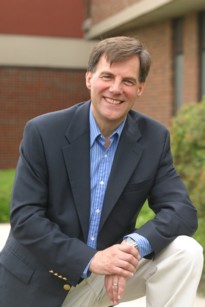I had a question which came to my mind after your departure. I wanted to ask your view on traditional and contemporary worship. I remember you mentioned about the wholistic approach to worship. Over the years of ministry, I came across several churches who were trying to set up contemporary worship in an effort to reach to a younger audience. Often this simply meant that taking out the choir, the creeds, the scripture reading, and the offering and having more of a praise oriented service. I would like to hear your view on this and how you would characterize them.
At the Pastors' Forum several pastors spoke (anxiously) about conflict over worship, exactly because of this issue. I had mentioned Marva Dawn's comment (in Reaching out without Dumbing Down, 1995) that two services - traditional and contemporary are "destructive and shallow" because they damage the formation of Christian community, allowing people to split off according to their tastes rather than grow together inclusively.
One pastor disagreed strongly, saying that music choices are "only a matter of style" and enabling people to worship God effectively is the first priority. Many different issues cluster here. It will be interesting to see how others react.
But let's at least begin with Calvin's request about characterizing these two terms. I agree with Rob Weber (Re-Connecting Worship 2004) that these terms traditional and contemporary have become "heavily value laden' and are often used from one particular interpretation to view the other negatively. He argues for this clarification:
- Traditional - worship with printed prayers and responses, congregational singing primarily from a hymnal, and "special music", either solo or choral, accompanied mostly by piano or organ.
- Contemporary - worship with little printed liturgy (though song lyrics often projected) using congregational singing and "special music" that draw from resources outside hymnals, accompanied by a variety of intruments, usually piano, guitar, bass and drums.
Both definitions contain a wide range of practices, but many churches know tension between tradition and innovation - especially well-established older communities. Both types of services can have a praise orientation, but styles of music can vary dramatically!
I want to pursue different aspects of this issue in days ahead. As always I shall be grateful for your insights and comments.



